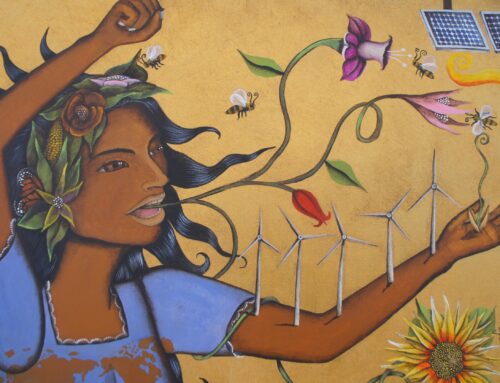Lim Li Ching’s new report on agroecology highlights the crucial role small women farmers play in
preserving indigenous varieties or landraces of main food crops. However, their role expands beyond
the preservation of indigenous seeds, and women also process, distribute, and market food, as well
as act as key holders of knowledge around seeds, agricultural biodiversity, and agroecology
technologies. Parul Begum knew that indigenous strains of rice would result in higher yields in West
Bengal and Manisha in Haryana’s Nidana village in Jind used carnivorous pests, as opposed to a
chemical alternative, to handle the crop destruction caused by harmful pests. These women play a
significant role in smallholder systems which also provide over half of the planet’s food calories.
Despite their valuable role, women face issues in legal ownership of land and access to resources
such as land, seeds, or technologies, due to the gender bias that exists in agriculture. Lim Li Ching
argues that empowering women, especially with regards to land ownership which consequently
opens access to government schemes and resources, can lead to improved food security and health.
Photo credit: Vikas Choudhary







